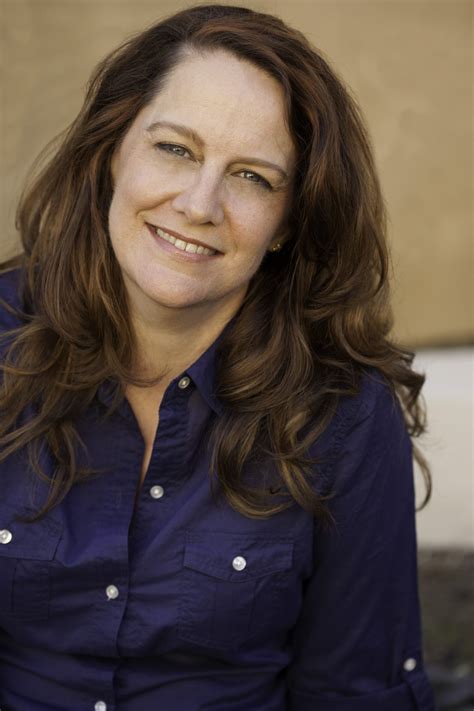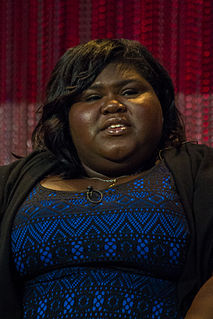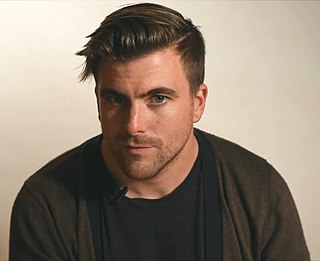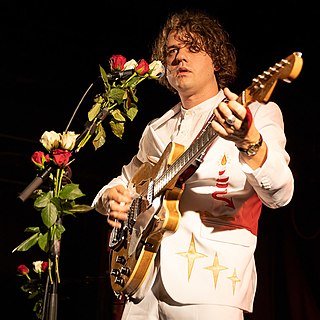A Quote by Kelly Carlin-McCall
I didn't think I'd be a good therapist. I didn't think I could do both at the same time. Maybe some people can, but I wanted a bigger spotlight and I don't think that's right for clients to have a therapist who wants that kind of life.
Related Quotes
The kind of caring that the client-centered therapist desires to achieve is a gullible caring, in which clients are accepted as they say they are, not with a lurking suspicion in the therapist's mind that they may, in fact, be otherwise. This attitude is not stupidity on the therapist's part; it is the kind of attitude that is most likely to lead to trust.
And I hope seeing a therapist becomes 10 times easier in the future. For me, once I came out of treatment, I got into a therapist and continued my road to recovery and health and happiness. But not everyone can do that. It's challenging to see a therapist when you work full-time, when you can't get an appointment within a week, and then by the time you do get one, maybe you feel like your "problem" has lessened and you don't bother to go in. It's about access.
When you write a song you're more or less saying, "This is everyone. I think this is everyone." It doesn't necessarily have to be this thing where I go out and I'm like candy-striping, or becoming a therapist or something. I think that maybe, maybe I'm supposed to [be a musician], because of that fact.
I have known know many therapists who come out of Pacifica Graduate Institute and love being both artists and therapists at the same time, like Maureen Murdock. They are photographers and dancers and other kinds of things and therapists at the same time. I think it really makes them a much more interesting therapist because they're so engaged with the imagination and the creativity and the depths of who they are.
I've always been fascinated by how the past impacts the present. For the first half of my career as a novelist, I wrote psychological suspense mysteries. I wanted to be a therapist but was told that while I was a fine diagnostician, I would be a terrible therapist because I wanted to solve everyone's problems.
Your history's not going to go away; it isn't the same thing as dirt on the floor or paint peeling off the walls; it's not going to be solved in that way. It's more like learning how to carry it, to contact it, to see it. Because it's based on the psychology of the normal, the therapist is part of that too. And so they too are working with those very same processes. And so it requires a therapist just to see the value of it and to be willing to look at their own difficult emotions and thoughts and find a way to carry them gently in the service of the clients that they're serving.



































